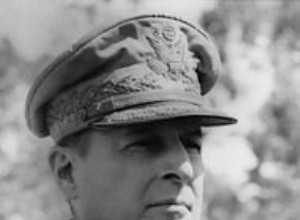With the surrender of Japan in World War II, the Korean peninsula, occupied by the Japanese since 1910, was divided at the 38th Parallel:the north occupied by the Soviets and the south by the Americans. The prevailing tension exploded when North Korean troops invaded South Korea on June 25, 1950. Th




